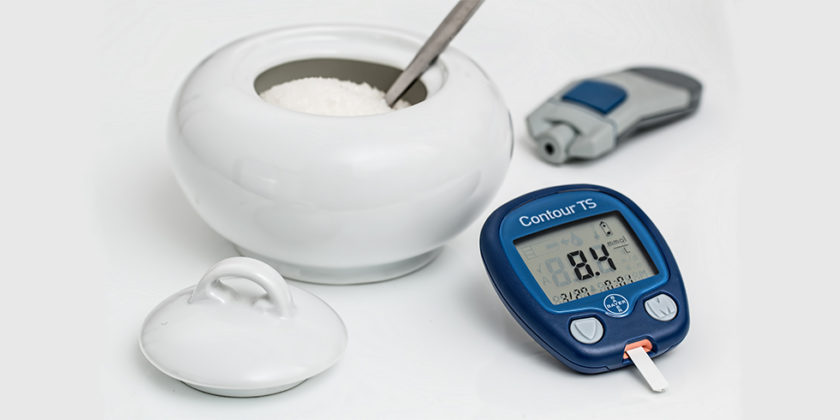COUGH SYRUPS IN KENYA AND THEIR LIMITED BENEFITS
Cough syrups in Kenya have long been a staple in households for the management of cough associated with common colds and respiratory infections. Household brands like Benylin, set the pace while the rest followed. However, recent guidelines and studies have led to a shift in perspective regarding their use. This shift is driven by concerns about efficacy, safety, and the risk of misuse.
Efficacy Concerns
One of the primary reasons for the declining recommendation of cough syrups in Kenya is their questionable efficacy. Numerous studies have suggested that many over-the-counter (OTC) cough syrups do little to alleviate cough symptoms better than placebo treatments. According to a review by the Cochrane Database, there is limited evidence that cough medicines are more effective than placebo in relieving cough symptoms. This has led health professionals worldwide to question the utility of these medications, prompting them to recommend alternatives that have a more solid evidence base, such as honey and lemon for mild coughs or the use of humidifiers.

Safety and Side Effects
Safety concerns are another critical reason behind the reduced use of cough syrups in Kenya. Many cough syrups contain ingredients like codeine and dextromethorphan, which can cause significant side effects. This evidenced by the recent recall of Benylin Paediatric cough syrup from many markets in Kenya due to impurity levels of fatal diethylene glycol being higher that normal. In children, for example, these can range from sedation and gastrointestinal disturbances to severe respiratory depression. The American Academy of Pediatrics has recommended against the use of cough and cold medicines in children under four years of age due to the risk of life-threatening side effects.
Furthermore, in places like Kenya, the regulation of medications may not always meet the stringent standards observed in more developed healthcare systems, potentially increasing the risk of adverse effects due to issues like improper labeling and contamination.
Risk of Misuse of Coughs Syrup in Kenya
The potential for misuse and abuse of cough syrups containing narcotics such as codeine has become a significant public health concern. In Kenya, there have been reports of teenagers abusing cough syrup like Coscoff C and Benylin with Codein for its psychoactive effects, leading to a rise in addiction and even poisoning cases. This misuse has prompted health authorities in various countries to regulate these products more strictly, often placing them behind the pharmacy counter or requiring a prescription.
Regulatory Changes and Public Health Recommendations
In response to these concerns, health regulatory bodies in many countries, including Kenya, have tightened regulations on the sale and distribution of cough syrups, especially those containing opioids. These changes aim to protect public health and reduce the incidence of adverse effects and misuse. Additionally, there is an increasing push for educating the public and healthcare providers about the risks associated with cough syrups and the available alternatives.
Conclusion on use of Cough Syrups in Kenya
The shift away from recommending cough syrups in Kenya in favor of safer, more effective treatments reflects an evolving understanding of these medications’ risks and benefits. While they may still be appropriate in specific cases, particularly under medical supervision, the general trend is towards more cautious use, emphasising non-pharmacological interventions and safer alternatives. For patients and healthcare providers in Kenya and globally, this shift necessitates a reevaluation of the approaches to treating common respiratory symptoms, prioritising safety and efficacy based on the latest clinical evidence.




